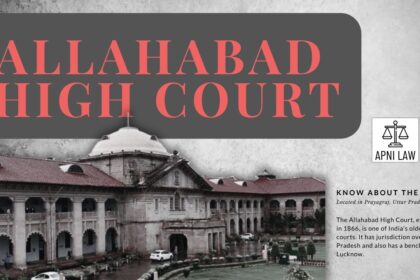Code
Such Magistrate, on receiving such report, may direct an investigation, or, if he thinks fit, at once proceed, or depute any Magistrate subordinate to him to proceed, to hold a preliminary inquiry into, or otherwise to dispose of, the case in the manner provided in this Code.
Explanation
This section empowers a Magistrate to initiate either an investigation or a preliminary inquiry based on the information received.
- Investigation: This involves a detailed examination of the facts and circumstances surrounding an alleged offense. It is conducted by a police officer.
- Preliminary Inquiry: This is a less extensive process, usually conducted by the Magistrate themselves, aimed at determining whether there is sufficient ground for a formal investigation.
The choice between investigation and preliminary inquiry rests with the Magistrate, based on factors like the nature of the offense, available evidence, and the need for further investigation.
Illustration
Imagine a case where a person is alleged to have committed theft. The Magistrate, upon receiving a complaint, could either:
- Order an investigation: In this case, the police would be directed to conduct a thorough investigation, collect evidence, and submit a report to the Magistrate.
- Order a preliminary inquiry: The Magistrate could conduct a preliminary inquiry themselves, examining witnesses, reviewing documents, and then deciding whether a formal investigation is necessary.
Common Questions and Answers
Q: What is the difference between an investigation and a preliminary inquiry?
A: An investigation is a more comprehensive process conducted by the police, while a preliminary inquiry is a less detailed process conducted by the Magistrate to determine the need for a formal investigation.
Q: Who has the power to order an investigation or a preliminary inquiry?
A: Only a Magistrate has the power to order an investigation or a preliminary inquiry under Section 159 of CrPC.
Q: What factors influence the Magistrate’s decision to order an investigation or a preliminary inquiry?
A: The Magistrate considers factors like the seriousness of the offense, the available evidence, and the need for further investigation.








